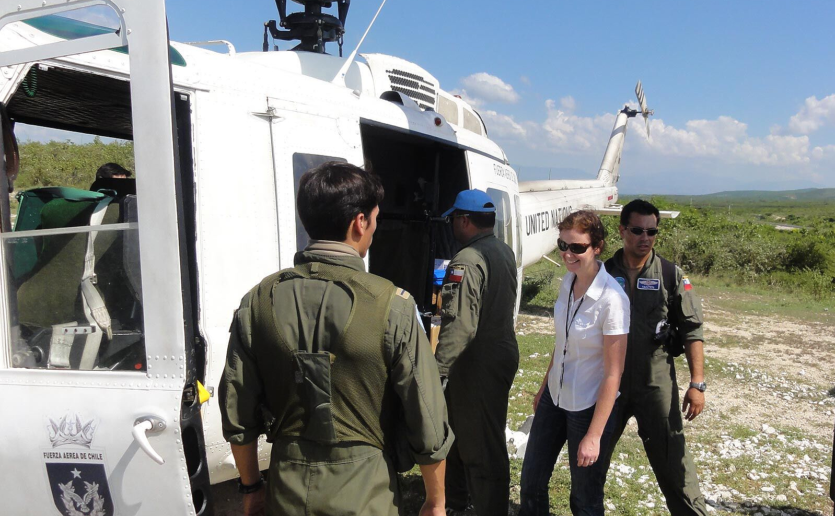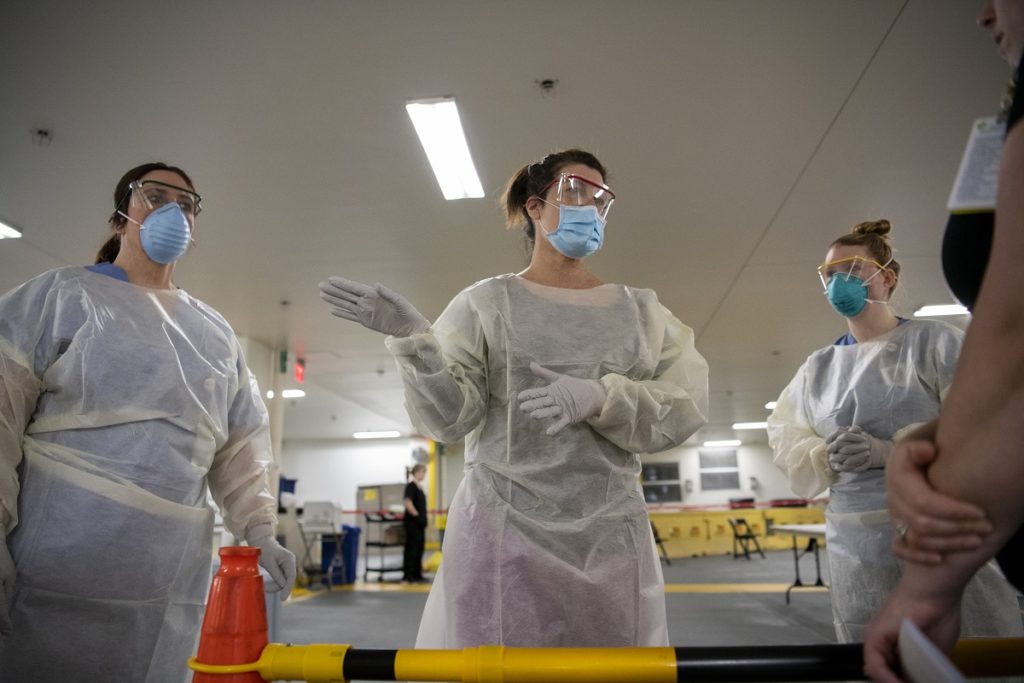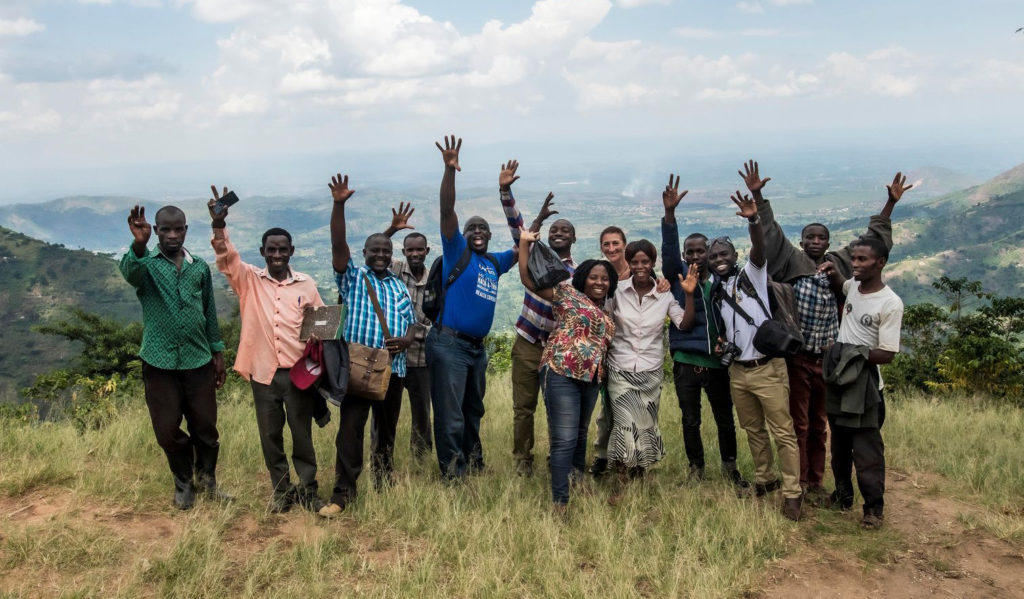Louise Ivers, MD, MPH, DTM&H, was named executive director of Massachusetts General Hospital Global Health in 2017 after serving as a faculty member in the division of Global Health Equity at Brigham & Women’s Hospital and as part of the leadership team at Partners In Health for more than a decade.

Dr. Ivers is from Dublin, Ireland, where her family encouraged her from a young age to pursue her dream of addressing social injustices through a career in medicine. She is committed to leveraging Mass General’s expertise and philanthropic support to ensure everyone around the globe has access to the best health care.
How have your past experiences in India, Southeast Asia, Africa and Haiti prepared you for your role at Mass General?
As doctors, we see individuals at the most vulnerable moments in their lives. That is the same no matter where the patients live. But witnessing the suffering of patients in abject poverty or in refugee situations becomes a particularly motivating call to action.
Throughout my career, I have had the opportunity to walk alongside impoverished communities on their journeys to improving their health. Those experiences, especially my time working in Haiti, have informed my understanding of global health equity, and of how to listen to communities to partner with them, and how to attempt to serve their priorities first, rather than thinking I have all the solutions.
I have a strong sense that Mass General feels part of a bigger world and tries not to remain isolated inside its own walls.
I have learned many life lessons and much humility and I am excited to bring those experiences to the extraordinary place that Mass General is.
You specialize in infectious disease and public health. Why do those two areas go together?
Many of the diseases vulnerable populations suffer are completely preventable and treatable. To defeat a disease like cholera, for example, which has been such a challenge in Haiti since the 2010 earthquake, we see most success when we combine public health interventions such as ensuring clean water and sanitation, with the medical intervention of cholera vaccines, all while thinking about the individual patients in front of us.
Where is Mass General embedded in global health projects?
At the last count, Mass General faculty and staff were working in more than 70 countries around the globe.
At Mass General Global Health, we don’t supervise or manage all the projects, we serve as a resource and a platform. We offer opportunities for connections, problem solving and, with the help of philanthropy, resources to support the global health activities started by individuals throughout our hospital community.

What makes working at Mass General special?
I have a strong sense that Mass General feels part of a bigger world and tries not to remain isolated inside its own walls. The hospital was founded to serve the poor in the community. That community is now global and we are trying to reach it in ways that leverage our expertise and resources.
There is also a very strong Mass General community of doctors, nurses, patient families and friends who are extraordinarily generous with their expertise, time and resources.
What are the challenges and rewards of your work?
In the aftermath of a disaster or in situations of chronic suffering and inequity, individuals and organizations are often very eager to step up. Part of our responsibility in Global Health is to ensure the institution provides a professional response that is mindful of our partners’ needs, that understands the structures and mechanisms of international development, and that does not reinforce colonial dynamics in our international partnerships. These considerations are just as important as the medical and technical knowledge.
The dedicated faculty and staff at Mass General are full of expertise and innovation and direct that energy to making the world a better place.
It’s also possible to do harm, even with the best of intentions. We must work diligently to be sure the ‘how’ matters as well as ‘what’ we do. This can happen when we develop working partnerships with local communities and trusted local organizations and respond to their priorities.
Mass General has many examples of success in this type of effort. We have a strong partnership in Mbarara, Uganda, thanks to the combined support of the institution, foundations, philanthropy and NIH research grants. We have invested in the nursing department there, to develop a rural health worker program and to provide patient support in pediatric oncology and nutrition as well as other initiatives.
Other long-running and successful initiatives by Mass General faculty include developing vaccines for diarrheal disease in Bangladesh, supporting an oncology program in Botswana and developing palliative care programs in Vietnam. The dedicated faculty and staff at Mass General are full of expertise and innovation and direct that energy to making the world a better place.
To learn how you can support Mass General Global Health, please contact us.


